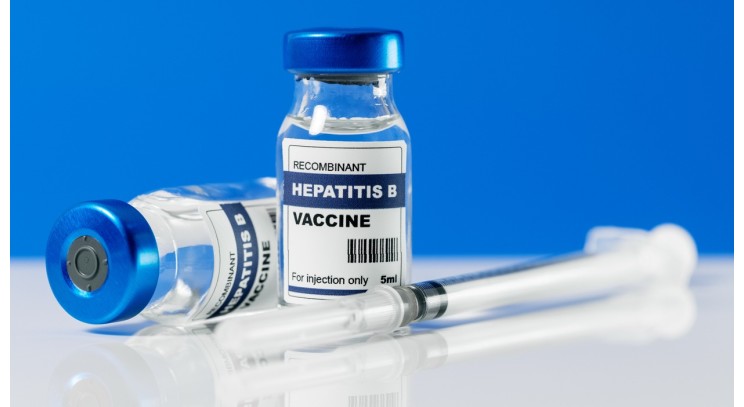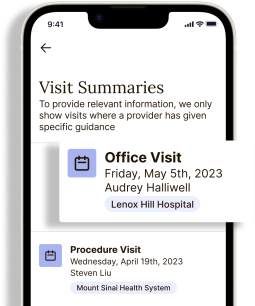Hepatitis B vaccination series
Hepatitis B is either a 2-dose or 4-dose vaccination series. The 2-dose protects against Hepatitis B only and shots are given one month apart.
There are two 4-dose series, one that protects against Hepatitis B only and the other that protects against Hepatitis A and B, and the four doses are given intermittently over one year.
The Hepatitis B vaccination series is now recommended as part of the infant immunization package.
The vaccination series is strongly recommended for healthcare workers, people with multiple sex partners, injection drug users, and individuals with certain medical conditions or occupational exposures.
The Hepatitis B series is covered by most insurance plans if your loved one is a moderate to high risk for infection.
What it is
Hepatitis B is a viral infection that primarily affects the liver, caused by the hepatitis B virus (HBV). It can range in severity from a mild illness lasting a few weeks (acute hepatitis B) to a serious, chronic condition that can lead to liver damage, liver cancer, or liver failure.
Hepatitis B is transmitted through contact with infectious blood, semen, vaginal fluids, and other body fluids of an infected person. The virus can be spread through various means and can live outside the body (on surfaces) for up to 7 days.
Hepatitis B spreads through:
Unprotected sexual contact with an infected person (this is not out of the question in senior living communities!)
Sharing needles or syringes with an infected person (also not unlikely among neighbors and in communal living)
Contact with infected blood or bodily fluids through breaks in the skin or mucous membranes
Needlestick or sharps injuries in healthcare settings
Sharing personal items such as razors or toothbrushes contaminated with infected blood (also not unlikely among those residing with family or in communal living)
Symptoms and sequelae
Many people with hepatitis B may not experience any symptoms, especially during the acute phase of the infection. Chronic hepatitis B infection can lead to serious complications, including cirrhosis (scarring of the liver), liver cancer, and liver failure, which can be life-threatening. It can also affect organs and systems outside the liver, creating kidney disease, vasculitis, arthritis, and skin disorders, which may occur independently of any liver disease.
It's important to note that not everyone with hepatitis B infection will develop these sequelae (long-term consequences from the infection), and the risk varies depending on factors such as age, immune status, viral load, and other medical conditions.
Hepatitis B can cause a range of symptoms, including:
Fatigue
Jaundice (yellowing of the skin and eyes)
Dark urine
Clay-colored stools
Abdominal pain
Nausea and vomiting
Loss of appetite
Joint pain




